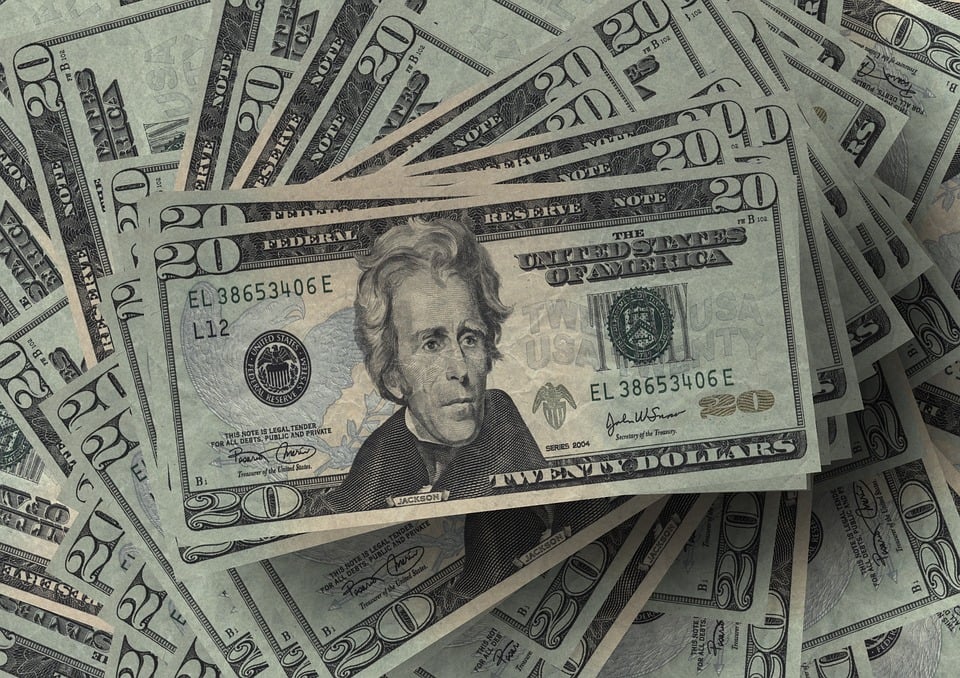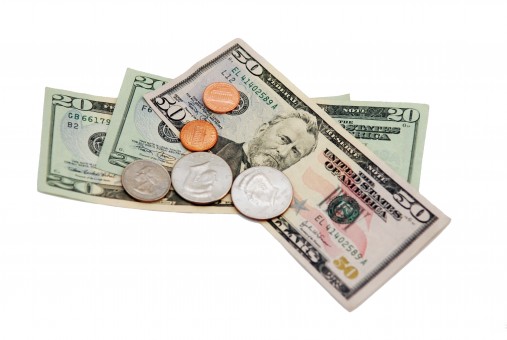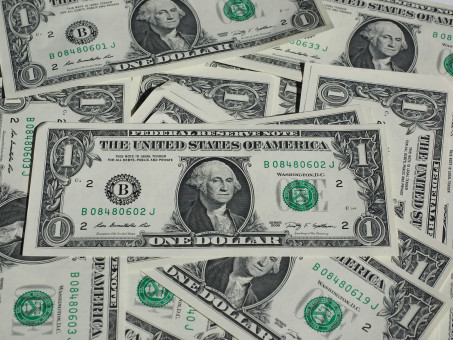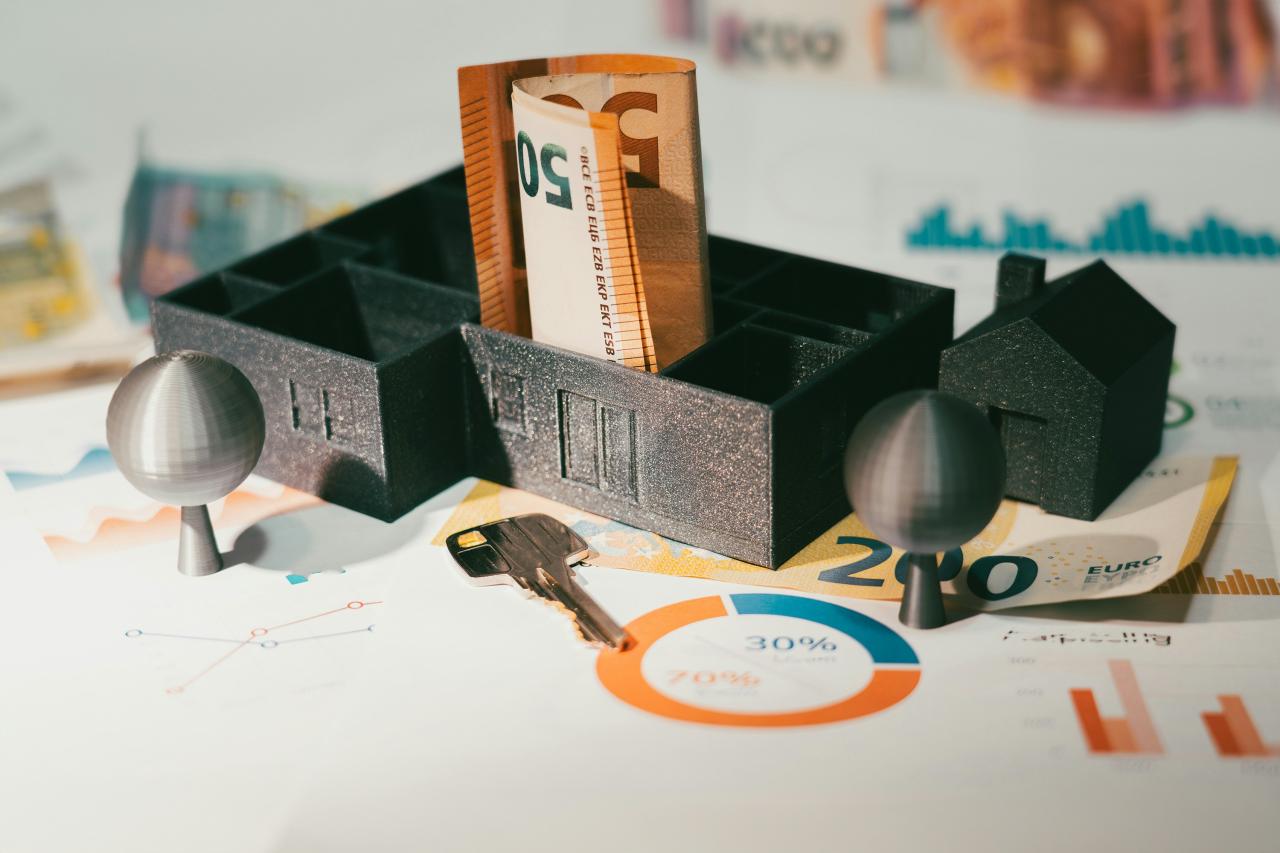Introduction: The Power Shift in Car Buying
Buying a new or used vehicle is an exciting prospect, promising the freedom of the open road and the convenience of modern transportation. Yet, for many consumers, the euphoria often fades quickly when they step into the dealership and confront the complex, often stressful process of securing financing.
Historically, consumers relied solely on the dealer to arrange their car loan, placing themselves at a distinct negotiating disadvantage. The dealer’s finance department holds all the cards in this scenario; they control the final price of the car, the value of your trade-in, and, critically, the interest rate you are offered.
This traditional approach leaves the buyer vulnerable to a practice known as “rate mark-up,” where the dealer increases the interest rate offered by the lender and pockets the difference as profit. Fortunately, there is a powerful and increasingly popular strategy that puts the financial control squarely back into the consumer’s hands: auto loan pre-approval.
Seeking pre-approval from a bank, credit union, or online lender before visiting the dealership transforms you from a mere shopper into a qualified, cash-equivalent buyer. Securing a pre-approval means you walk into the dealership with a firm, documented offer of credit, defining the maximum loan amount and, most importantly, the maximum interest rate you will accept.
This guaranteed financing acts as a crucial benchmark, allowing you to focus your negotiations purely on the vehicle’s purchase price, separate from the financial details. This preparation is the single most effective action you can take to save money, streamline the buying process, and ensure you drive away with the best possible overall deal.
This guide will meticulously detail the pre-approval process, explain why it’s a non-negotiable step for smart car buyers, and outline the benefits of entering the negotiation phase fully armed with your own financing.
What is Auto Loan Pre-Approval?

Pre-approval is an official commitment from a financial institution (the lender) stating that they are ready to lend you a specific amount of money to buy a car, pending final verification of the vehicle details. It’s much more than simple pre-qualification.
A. The Difference Between Pre-Qualification and Pre-Approval
It is essential to understand that not all initial loan checks are equal.
- Pre-Qualification: This is a preliminary step often done with a soft credit pull (which doesn’t affect your credit score). It gives you a rough estimate of the loan amount and interest rate you might qualify for, based on basic information you provide. It is not a commitment from the lender.
- Pre-Approval: This is a formal process that requires a hard credit inquiry (which has a minor, temporary impact on your credit score). The lender reviews your full credit profile, income, and debt-to-income ratio, and then issues a written loan commitment certificate. This document is a firm offer, usually valid for 30 to 60 days, giving you concrete buying power.
B. The Key Components of Pre-Approval
When you receive a pre-approval, you get three vital pieces of information that define your shopping limits:
- Maximum Loan Amount: The highest price car you can purchase with their financing.
- Maximum Interest Rate (APR): The highest Annual Percentage Rate the lender is willing to charge you. This sets your baseline.
- Loan Term: The duration (e.g., 60 months, 72 months) over which you must repay the loan.
C. The Status of a “Cash Buyer”
Walking into a dealership with a pre-approval letter essentially makes you a “cash buyer” in the eyes of the sales staff. Since you already have the money secured, the dealership knows the financing part of the deal is settled. This forces them to compete solely on the price of the vehicle, removing their primary leverage tool.
Reason 1: The Power of Negotiating Separately

The core advantage of pre-approval is the ability to separate the negotiation of the vehicle price from the negotiation of the financing rate.
A. Eliminating the Dealer’s Shell Game
Without pre-approval, a dealer can engage in a financial “shell game.” They can offer a seemingly great deal on the car price, only to inflate the interest rate to maximize their profit on the backend.
- Focus on Price: With your maximum loan rate already secured, you can tell the sales team, “I have my financing at X%.” This allows you to negotiate the lowest possible selling price for the vehicle without worrying that the savings will be negated by a padded interest rate.
- Stopping Rate Mark-ups: Your pre-approval letter prevents the dealer from automatically marking up the interest rate they receive from their network of lenders. If the dealer finds you a rate that is lower than your pre-approval rate, that is a genuine bonus for you, not an inflated profit margin for them.
B. Knowing Your Budget Limits
Pre-approval forces you to establish a firm maximum budget before you fall in love with a vehicle you can’t truly afford.
- Set Boundaries: The pre-approval amount dictates the top price you can spend. This prevents emotional overspending or being pressured by sales tactics to look at models outside your financial comfort zone.
- Realistic Monthly Payments: Knowing the maximum loan amount and the exact APR allows you to calculate your highest possible monthly payment. This anchors your shopping process in financial reality.
Reason 2: Speed and Efficiency at the Dealership
The traditional financing process can turn the purchase into an all-day ordeal. Pre-approval drastically cuts down on this wasted time and stress.
A. Streamlining the Paperwork
When you are pre-approved, the vast majority of your personal financial paperwork (income verification, credit checks, debt load) has already been processed and approved by your lender.
- Faster Closing: Once you select a car, the only remaining step for your lender is to finalize the vehicle’s specific details (like the VIN and sales price). This means the time spent waiting in the F&I (Finance and Insurance) office is severely reduced.
- Less Stressful Haggling: The F&I office is where many buyers feel the most pressure to buy extended warranties or other add-ons. Minimizing the time spent there reduces your exposure to these upselling attempts.
B. Avoiding Unnecessary Hard Inquiries
When you apply for financing at the dealership, they often send your application to multiple banks to find the lowest rate. Each bank performs a hard credit inquiry.
- Credit Score Protection: By securing one pre-approval beforehand, you limit the number of hard inquiries, which can negatively impact your credit score. If you shop for multiple pre-approvals within a 14-to-45-day window, credit scoring models typically count them as a single inquiry, recognizing that you are rate-shopping for one specific loan.
- Consolidated Shopping: You consolidate your credit application process into a targeted window, ensuring any score impact is minimal and temporary.
Reason 3: Access to Better Rates and Terms
Dealers typically work with a limited network of large national banks. By securing independent pre-approval, you open the door to highly competitive financing sources.
A. The Credit Union Advantage
Credit unions are often non-profit financial cooperatives owned by their members. They are consistently known for offering the absolute lowest auto loan rates available.
- Member Focus: Because credit unions are focused on member benefits rather than shareholder profits, their margins are often thinner, translating directly to lower APRs for the borrower.
- Eligibility: Pre-approving with a credit union requires joining, which is often simple (e.g., meeting a geographic requirement or having a specific association). This small effort can pay off substantially in savings.
B. Online Lender Competition
The rise of dedicated online auto lenders has created a fiercely competitive market. These lenders have lower operating costs and often pass those savings on through lower rates.
- Wide Variety of Options: Shopping online allows you to compare dozens of offers instantly, ensuring you find the best rate for your specific credit profile.
- Specialized Programs: Online lenders frequently offer specialized financing programs for borrowers with less-than-perfect credit, often at better rates than subprime financing found at dealerships.
C. A True Baseline for Comparison
The pre-approval rate serves as the highest rate you should accept. If the dealer’s F&I office can beat that rate, you take the dealer’s financing. If they cannot beat it, you simply use your pre-approval. This creates a no-lose situation.
- No Obligation: Having a pre-approval does not obligate you to use it. It simply ensures you have a safety net and a strong negotiating tool.
- Incentive for the Dealer: Knowing you have outside financing pressures the dealer to present their absolute best rate upfront, maximizing your savings.
The Auto Loan Pre-Approval Process Step-by-Step
Getting pre-approved is a straightforward process that requires diligence and organization. It should be the first step you take before researching cars.
A. Determine How Much You Can Afford
Before talking to any lender, calculate your true affordability. Use a loan calculator to test different scenarios (loan amounts, interest rates, terms).
- The 20/4/10 Rule: A good rule of thumb suggests putting down 20%, financing the car for no more than 4 years, and ensuring the total monthly vehicle expense (payment, insurance, fuel) is less than 10% of your gross monthly income.
- Budget Realistically: Account for all costs of ownership, not just the loan payment. Include insurance premiums, fuel, maintenance, and registration fees.
B. Gather Required Documentation
Lenders require specific documents to perform the hard credit check and verify your capacity to repay the loan.
- Proof of Identity: Government-issued ID (driver’s license or passport).
- Proof of Income: Recent pay stubs (30-60 days) and W-2 forms (for the last two years). Self-employed applicants need two years of tax returns.
- Proof of Residence: Utility bill or lease agreement to verify your address.
- Social Security Number: Necessary to run the full credit check.
C. Apply and Compare Offers
Submit applications to two or three different types of lenders (e.g., one large bank, one local credit union, and one online lender) within a short window.
- Focus on APR: When comparing the written pre-approval offers, ignore all fees except for the final APR. The lowest APR is usually the winner.
- Examine Terms: Ensure the pre-approval terms (e.g., 60 months) align with your desired repayment strategy. Avoid longer terms (72 or 84 months) unless absolutely necessary, as they drastically increase total interest paid.
D. Get the Written Commitment
Insist on receiving the official, written pre-approval letter or certificate. This document is your financial weapon at the dealership.
- Verification: Check the letter to confirm the approved amount, the valid-through date, and the maximum interest rate.
- Ready to Shop: Once you have the commitment in hand, you are fully ready to begin the negotiation process, knowing your financing is secured.
Common Pitfalls to Avoid in the Financing Process
Even with pre-approval, smart buyers need to remain vigilant against common dealership tactics designed to erode your savings.
A. Don’t Disclose Your Pre-Approval Rate Too Early
When asked by the salesperson if you need financing, simply say, “I’m already pre-approved, but I’m open to seeing your best offer.” Revealing your low pre-approval rate early gives the dealer a number to simply match, rather than beat.
- Maintain Mystery: Let the dealer work hard to find the lowest rate possible, not just the rate that ties your pre-approval.
- Use It as Leverage: Only introduce the pre-approval letter and rate after the dealer has given you their first financing offer.
B. Beware of the Term Extension Strategy
If a dealer tries to lower your monthly payment by extending the loan term from 60 to 72 or 84 months, politely decline.
- Hidden Interest: While the monthly payment looks lower, the extra months mean you pay significantly more total interest. A longer term is almost always more profitable for the lender and the dealer.
- Negative Equity Risk: A longer term increases the risk that you will owe more on the car than it is worth (negative equity) before the loan is paid off.
C. Scrutinize Dealer Add-ons and Warranties
The F&I office makes a massive portion of its profit by selling extended warranties, protection packages (like paint protection), and GAP insurance.
- Negotiate Separately: Negotiate the price of the car first, and then, and only then, discuss add-ons. You can often buy third-party warranties for less.
- GAP Insurance: While often necessary (especially if putting less than 20% down), you are almost always better off buying GAP insurance from your own auto insurer or the pre-approving lender, not the dealer.
Conclusion: Driving Financial Confidence
Securing pre-approval for an auto loan is far more than a simple formality; it is the essential first step in a financially intelligent car buying strategy. This preparation transforms the buyer’s position from one of dependency to one of powerful financial leverage.
The pre-approval letter establishes a non-negotiable interest rate ceiling, eliminating the dealer’s ability to manipulate the cost of the vehicle through inflated financing fees. By separating the negotiation into two distinct parts—the car price and the loan rate—you ensure that you secure the best possible outcome in both areas.
The process streamlines closing time, prevents unnecessary hard credit inquiries, and opens competitive doors to lower rates from credit unions and online lenders. Ultimately, the confidence gained from knowing your precise budget and holding a guaranteed financing offer eliminates stress and allows you to focus purely on the quality and value of the vehicle itself. This simple act of pre-approval ensures you walk out of the dealership having maximized your savings and minimized your debt commitment.












